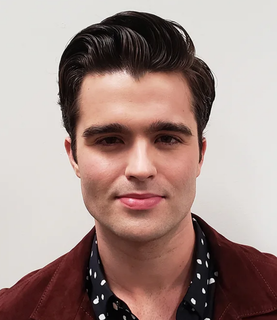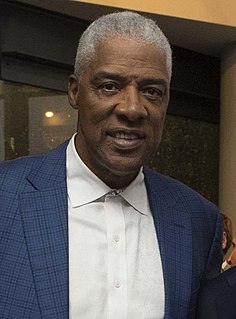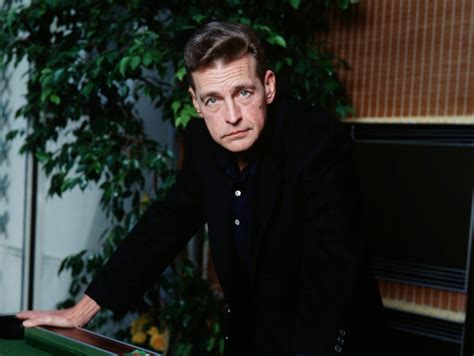A Quote by John Burnside
'Moby-Dick' really threw me. I read it when I was 14 and my best friends were books. It changed the way I looked at the world.
Related Quotes
Early on I came to realize something, and it came from the mail I received from kids. That is, kids at that pivotal age, 12, 13 or 14, they're still deeply affected by what they read, some are changed by what they read, books can change the way they feel about the world in general. I don't think that's true of adults as much.

































